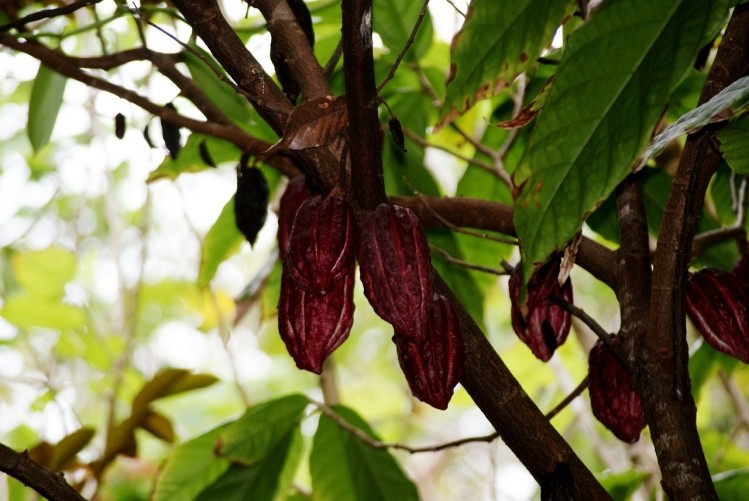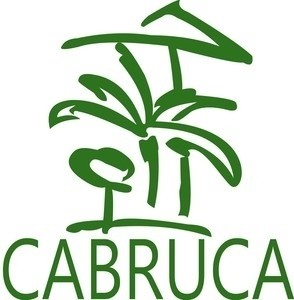Rainforest-friendly cocoa: Brazilian co-op granted collective trademark

The CABRUCA trademark has been issued on terms that only growers who produce organic cocoa and are formally affiliated with the CPOSB are eligible to use it. The collective trademark will feature on goods sold by producers using the ingredients made by these growers.
The cocoa cooperative works with a number of Swiss premium chocolatiers, including Felchlin, Läderach and Chocolat Stella Bernrain that will all be able to feature this trademark in the future.
Läderach, for example, already manufactures a special Cabruca line of premium chocolates containing 70% of cocoa from Brazil. This full-flavoured and melt-in-mouth cocoa is available at Läderach as FrischSchoggi (Fresh Chocolate), pralines, truffles or carrés.
What’s in a name?
The CABRUCA collective trademark is the first such collective trademark awarded in the Brazilian cocoa sector. The name was inspired by the system of planting cocoa trees that has been in use for more than two centuries in southern regions of Bahia state, Brazil’s largest cocoa producing region.
The cabruca cultivation system is significant for the country’s cocoa sector as it successfully marries commercial cocoa bean production and conservation of the Atlantic rainforest.
The system of shade-tolerant cacao trees grown under a forest canopy, also sometimes referred to as ‘chocolate rainforests’, is very different from the monoculture plantations that can be damaging to the ecosystem. In fact, cabrucas are systems that by their very nature provide incentives for the inclusion of other useful crops like açaí palms, vanilla orchids, cupuaçu fruit, graviola, guava, guaraná, rubber trees and banana, among other rainforest species.
Brazil’s patent office noted that the trademark had been granted with an apostille or marginal note, to ensure it doesn’t violate the rights of third parties using this technique.






